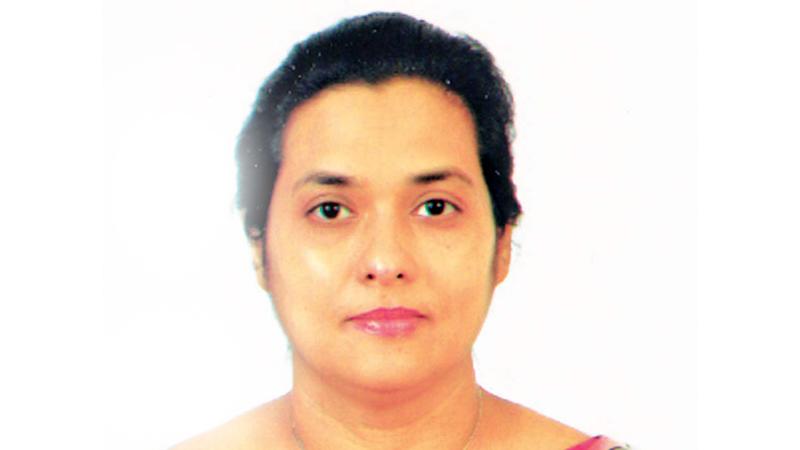
Despite being used to tropical weather, most Sri Lankans seem to be badly affected by current weather conditions. During the past 24 hours (by Saturday), Kurunegala recorded the highest temperature with 36 degrees C and Nuwara-Eliya the lowest with 10.2 degrees C.
The Meteorological Department also announced that prevailing weather conditions will most likely continue for a few more weeks as the monsoon is expected by the first week of May.
 As Consultant Community Physician, Environment and Occupational Health, Ministry of Health, Dr Inoka Suraweera described, there is a spectrum of health effects due to the hot weather conditions.
As Consultant Community Physician, Environment and Occupational Health, Ministry of Health, Dr Inoka Suraweera described, there is a spectrum of health effects due to the hot weather conditions.
“Initially you will be thirsty and sometimes feel faintish,” she said at an interview with the Sunday Observer.
In medical terms this health issue is called ‘Heat Stress’, which could ultimately lead to more severe levels. People who are engaged in outside activities such as construction workers, traffic police officers and agricultural workers must be extra careful, Dr. Suraweera said.
If a person ignores symptoms of heat stress and continues to stay exposed to the Sun, ‘Heat Cramps’ could ensue.“Just like a normal cramp, you will get pain in the muscles. Then you might get unconscious. You will sweat a lot and be dehydrated. If you do not drink enough water, the situation will worsen. Unconsciousness would finally lead to death due to a Heat Stroke,” Dr Suraweera said.
According to the weather advisory of the Meteorological Department, the Heat Index Forecast (HIF) is calculated by using relative humidity and maximum temperature. HIF is prepared on the advice of the Ministry Of Health and Indigenous Medical Services.
 “The HIF is generated by the Department of Meteorology using global numerical weather prediction model data” the advisory stated.
“The HIF is generated by the Department of Meteorology using global numerical weather prediction model data” the advisory stated.
Health authorities have identified small children, the elderly and people with chronic diseases such as heart, diabetes and chronic lung disease the most vulnerable to adverse health outcomes attached to hot weather.
“Everybody has to be careful and those vulnerable should be extra careful.To avoid these health effects we need to drink a lot of water. I would recommend an adult to drink at least 2.5 litres of water daily. Even if you are not thirsty, you must make it a habit to drink more water. “When it comes to small children, as it is difficult to make them drink water, it is advised they are made comfortable with regular body washes.” Dr Suraweera also advised that carbonated drinks be avoided, as it makes the person more thirsty. “Drinking water is the best,” she said. It is recommended that people engaged in outside duties avoid exposure to the Sun, from 11 a.m. to 3 p.m. as that is the hottest period of a day.
